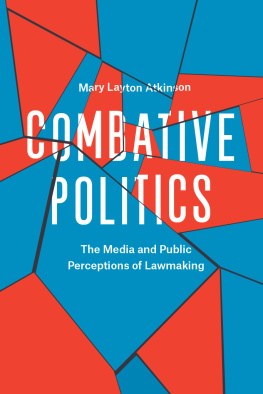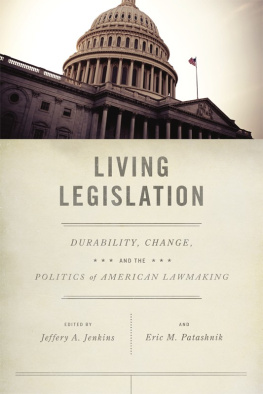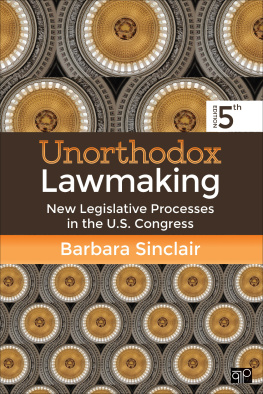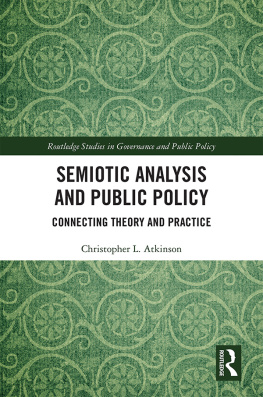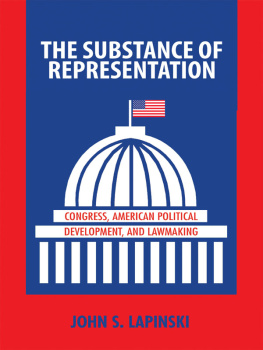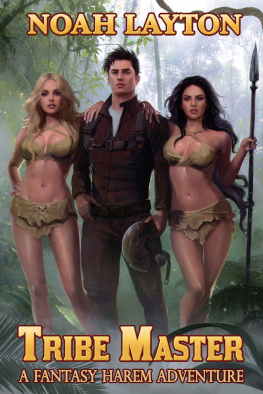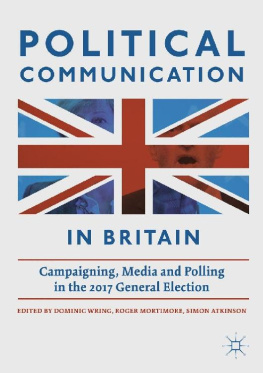Mary Layton Atkinson - Combative Politics: The Media and Public Perceptions of Lawmaking
Here you can read online Mary Layton Atkinson - Combative Politics: The Media and Public Perceptions of Lawmaking full text of the book (entire story) in english for free. Download pdf and epub, get meaning, cover and reviews about this ebook. year: 2017, publisher: University of Chicago Press, genre: Politics. Description of the work, (preface) as well as reviews are available. Best literature library LitArk.com created for fans of good reading and offers a wide selection of genres:
Romance novel
Science fiction
Adventure
Detective
Science
History
Home and family
Prose
Art
Politics
Computer
Non-fiction
Religion
Business
Children
Humor
Choose a favorite category and find really read worthwhile books. Enjoy immersion in the world of imagination, feel the emotions of the characters or learn something new for yourself, make an fascinating discovery.
- Book:Combative Politics: The Media and Public Perceptions of Lawmaking
- Author:
- Publisher:University of Chicago Press
- Genre:
- Year:2017
- Rating:5 / 5
- Favourites:Add to favourites
- Your mark:
- 100
- 1
- 2
- 3
- 4
- 5
Combative Politics: The Media and Public Perceptions of Lawmaking: summary, description and annotation
We offer to read an annotation, description, summary or preface (depends on what the author of the book "Combative Politics: The Media and Public Perceptions of Lawmaking" wrote himself). If you haven't found the necessary information about the book — write in the comments, we will try to find it.
Combative Politics: The Media and Public Perceptions of Lawmaking — read online for free the complete book (whole text) full work
Below is the text of the book, divided by pages. System saving the place of the last page read, allows you to conveniently read the book "Combative Politics: The Media and Public Perceptions of Lawmaking" online for free, without having to search again every time where you left off. Put a bookmark, and you can go to the page where you finished reading at any time.
Font size:
Interval:
Bookmark:
 This paper meets the requirements of ANSI / NISO Z 39.48-1992 (Permanence of Paper).
This paper meets the requirements of ANSI / NISO Z 39.48-1992 (Permanence of Paper).Support for the Substantive Provisions of NCLB |
Application of Conflict Codes, across Issue Areas and Article Type |
Spending and Economic Codes, across Issue Areas and Article Type |
Substance Focus and Human Interest Codes, across Issue Areas and Article Type |
Description of Experimental Treatments |
Proportion of Respondents Who Agree that the Policy-Making Process Is Broken, by Treatment Group (student data) |
Likelihood of Believing the Process Is Broken (student data) |
Average Ideological Placement of Bill on a Seven-Point Scale (student data) |
Absolute Value of Distance between Ideological Self-Placement and Placement of Bill (student data) |
Proportion of Respondents Who Support the Bill (student data) |
Proportion of Respondents Who Support the Education Bill, by Party (student data) |
Support for the Education Bill (student data) |
Why Do You Believe the Process Is Broken? (CCES data) |
Average Ideological Placement of Bill on a Seven-Point Scale, by Treatment Group (CCES data) |
Model Estimating the Absolute Value of the Difference between Bill and Self-Ideology (CCES data) |
Font size:
Interval:
Bookmark:
Similar books «Combative Politics: The Media and Public Perceptions of Lawmaking»
Look at similar books to Combative Politics: The Media and Public Perceptions of Lawmaking. We have selected literature similar in name and meaning in the hope of providing readers with more options to find new, interesting, not yet read works.
Discussion, reviews of the book Combative Politics: The Media and Public Perceptions of Lawmaking and just readers' own opinions. Leave your comments, write what you think about the work, its meaning or the main characters. Specify what exactly you liked and what you didn't like, and why you think so.

